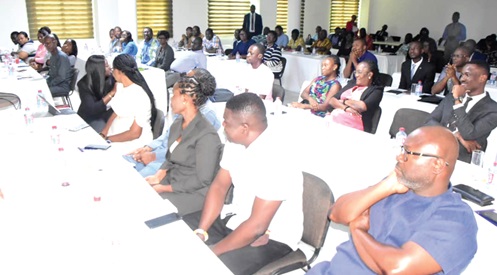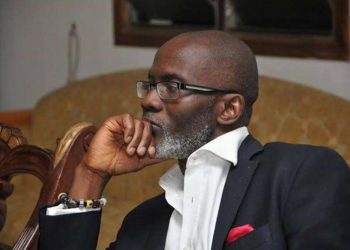The government is considering surcharging institutional heads or chief executive officers who fail to answer audit queries or treat such matters with contempt.
No matter who handles or answers such queries for or on behalf of an institution, ultimately, it is the principal spending officer or the CEO who will bear the cost. The Deputy Director in charge of Technical, Research, Monitoring and Evaluation of the Internal Audit Agency, Samuel Gyekye-Mensah, announced this at a two-day “awakening workshop” for CEOs, audit committee chairpersons and internal auditors to assist them on how to respond to audit queries.
The event was also to adequately equip the participants to be able to generate “working papers” well enough such that if a report is challenged at any law court in their absence, any lawyer can still depend on them to challenge the findings or speak to the issues.
Mr Gyekye-Mensah further observed that in most cases, queries were left in the hands of junior officers although it was the head of the institution who bore the ultimate responsibility.
“Some of such CEOs don’t even bother to read their audit reports until they appear before the Public Accounts Committee of Parliament or EOCO (Economic and Organised Crime Office), and are found wanting,” he said.
Mr Gyekye-Mensah, therefore, urged CEOs to take keen interest in audit reports and offer appropriate answers to queries raised in them before issues get out of hand.
“Audit should be seen as a tool and not a weapon. So when an internal auditor raises an issue over a presentation of a “sakora” payment voucher without the necessary documents,
it should not be seen as a weapon or witch-hunt, but rather, ensuring the right thing was done.
“The CEO might not be privy to some of the laws governing the operations of the Audit Service. What the auditor does is to help with the tools, and this must not be seen as a weapon,” he added.
Harmony
The Director-General of the Internal Audit Agency, Dr Eric Oduro Osae, also urged management bodies to buy into audit reports to create harmonious working environments. He observed that many a time, findings and recommendations of both internal and external auditors were not much to worry about.

The participant
“And some of the recommendations are practically impossible to implement. We need to look at this critically. “Two things we need to look at: working papers and management response to audit queries, because these two affect our work,” Dr Osae, said.











Discussion about this post